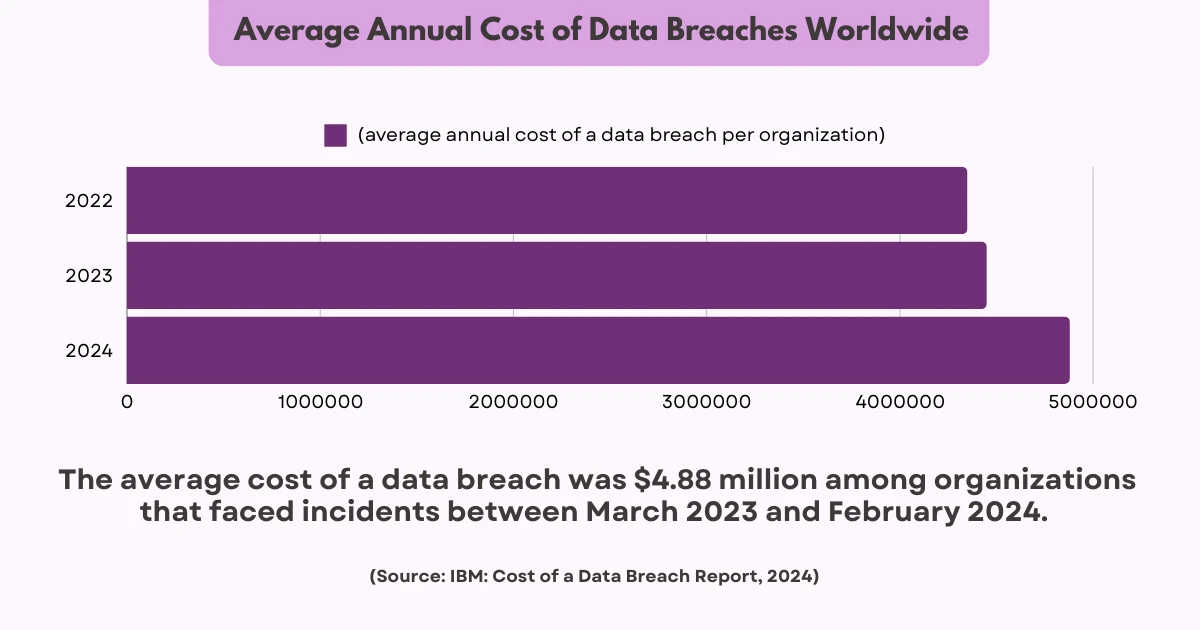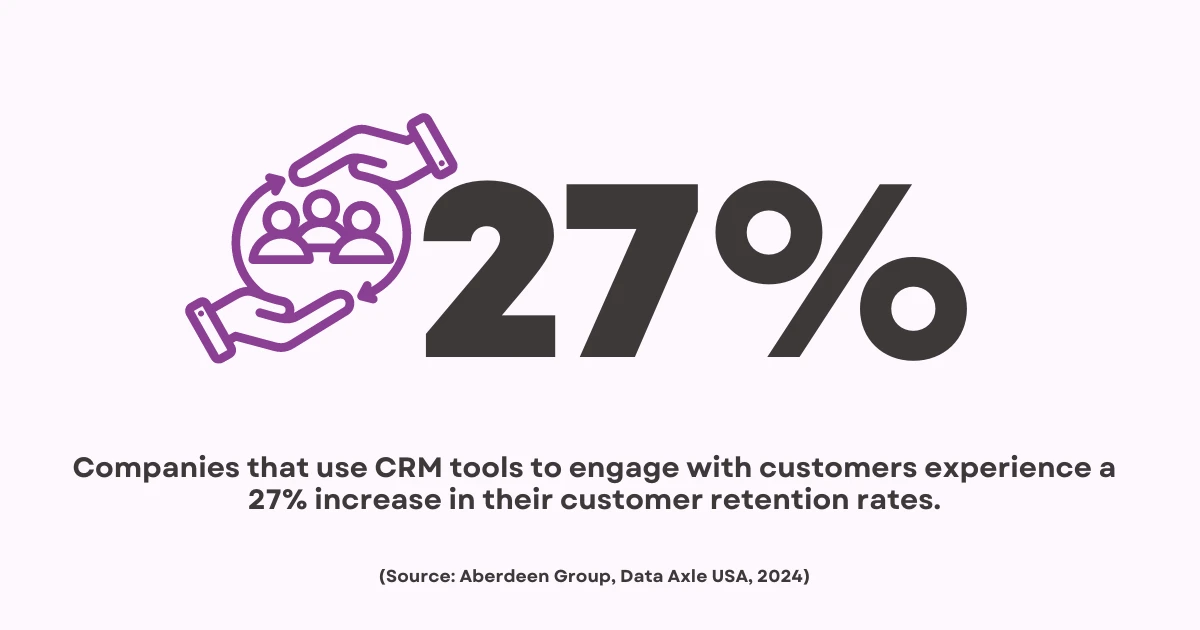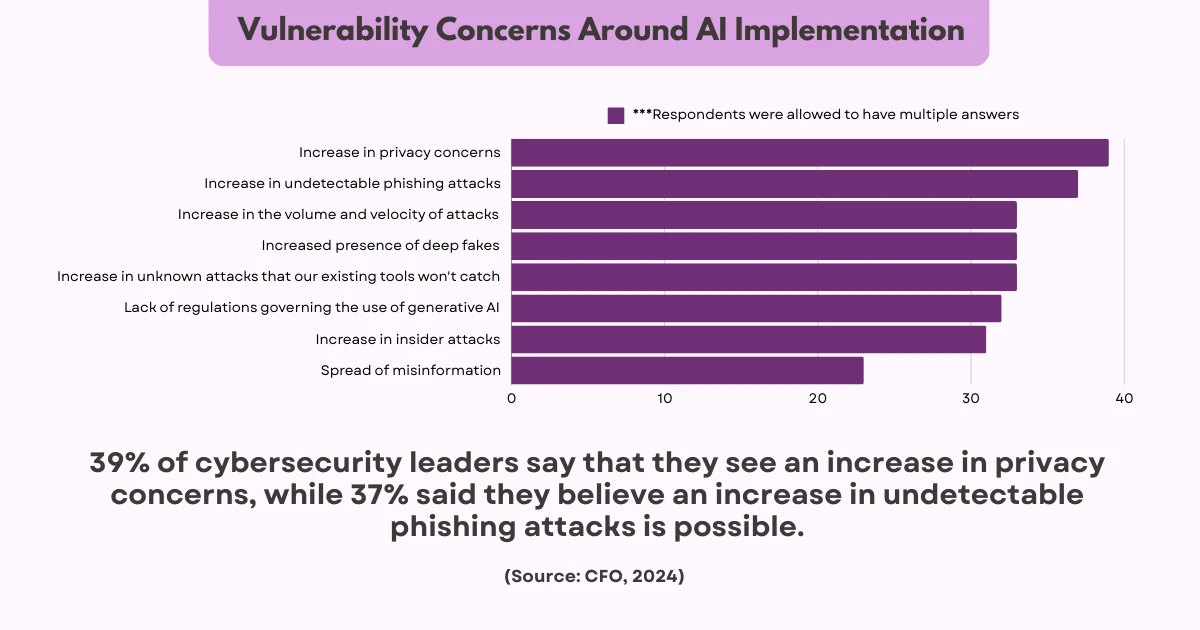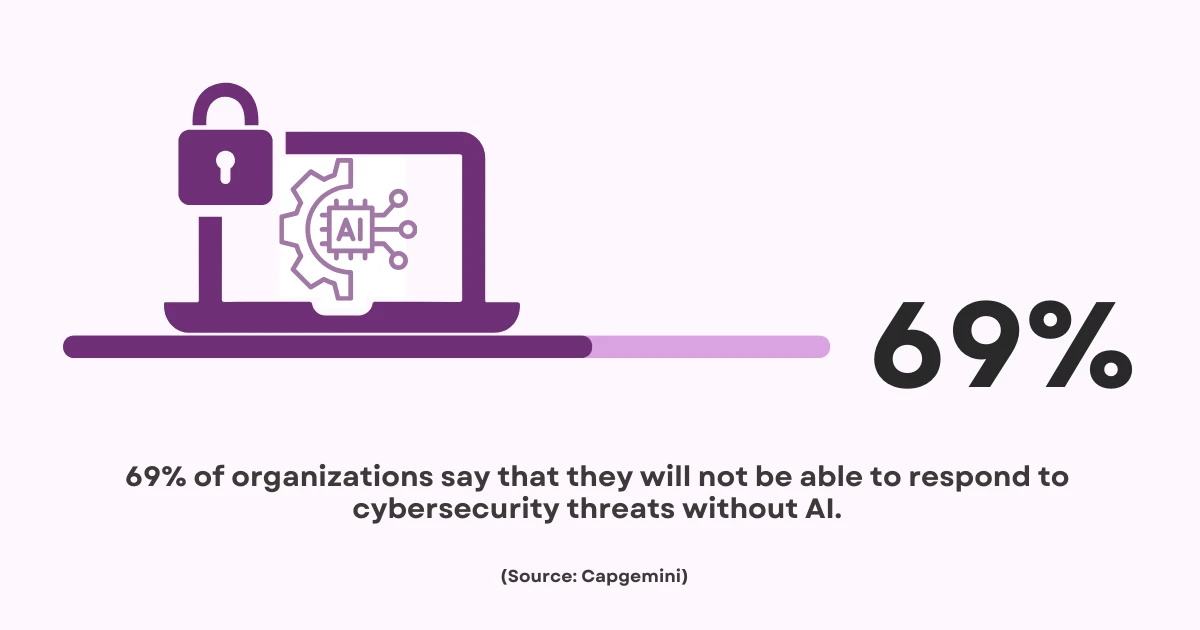Digital Marketing
Securing Your Success: Cybersecurity's Role in the Digital Marketing Landscape
Can you afford to ignore cybersecurity in your digital marketing strategy?
A single data breach can unravel months of meticulous campaign planning and destroy years of trust built with customers. The stakes are undeniably high. In fact, the average global cost of a data breach surged to $4.45 million in 2023. By 2024, this number had increased by almost 10%, reaching $4.88 million. This means that each company affected by data breaches can shell out around $4.88 million this year. The worst part? This number keeps getting bigger.

This is more than just a financial burden; it's a reputational crisis waiting to happen. To thrive in today's digital landscape, businesses must recognize that cybersecurity is not an afterthought but a foundational element of successful marketing. In this article, let’s discuss the critical intersection of cybersecurity and digital marketing, providing actionable insights to protect your brand and drive growth.
The Relationship Between Cybersecurity and Digital Marketing
These two may seem like an obscure connection, but protecting consumer data is a vital component of digital marketing. From personal details to financial data, marketers handle a treasure trove of sensitive information that makes them prime targets for cybercriminals. If marketers neglect the security of this information, the potential outcomes can range from identity theft and financial loss to customer distrust. Worst of all, legal battles could occur and lead to total business shutdowns.
The harsh reality is: that reviving a severely damaged brand image is too difficult for many companies to manage.

Apart from protecting the security of your customers and your public reputation, cybersecurity ensures the integrity of marketing campaigns by safeguarding against unauthorized access and manipulation. Phishing attacks targeting marketing teams are particularly prevalent, often aiming to steal credentials or deploy malware. By implementing robust cybersecurity measures, digital marketers can maintain their reputation and continue to build trust with their audience.
Specific Threats and Vulnerabilities in Marketing Automation Tools in 2024
Marketing automation tools have revolutionized the way businesses engage with customers, streamlining processes and driving growth. However, this digital efficiency comes with a significant caveat: heightened security risks. In fact, in 2024, around 46% of cybersecurity leaders believe that the integration of generative AI in business operations will increase vulnerability to cyberattacks.
From sophisticated phishing campaigns designed to steal sensitive customer data to ransomware attacks that can cripple operations, the threats are real and evolving. Malware can infiltrate systems through seemingly innocuous channels, while weak password practices and outdated software can leave gaping vulnerabilities. The consequences of a data breach can be catastrophic, and the integration of artificial intelligence (AI) in such sensitive cases may increase the likelihood of data breaches in the future.

To safeguard your business and customer information, a proactive approach is essential. Implementing robust security measures, such as strong password policies, multi-factor authentication, and regular software updates, is the first line of defense.
Fortunately, many are well aware of this situation. Companies have been paying attention to the threats brought on by a lack of cybersecurity, which is why around 80% of organizations already have plans to increase their spending on information security this year. Conducting thorough security audits and providing comprehensive cybersecurity training for your team can significantly reduce the risk of falling victim to these attacks.
Leveraging AI and Machine Learning for Threat Detection
Much like how AI can increase cybercrime rates, it can also be utilized by companies to enhance their online protection. AI is not limited to use by criminals, after all, and the technology is also being utilized to revolutionize real-time threat detection and response.

AI-enabled systems are known to be able to detect threats 60 times faster than manual methods done by human analysts. AI can analyze vast amounts of data, identifying patterns and anomalies that indicate potential threats. This is crucial for digital marketers who handle large datasets and need to protect sensitive customer information.
For instance, AI-driven intrusion detection systems can monitor network traffic and flag suspicious activities in real-time. This function significantly reduces the average time to identify a breach from the industry average Before AI, it takes.197 days to detect a data breach and 69 days to contain the breach—a whopping total of 266 days if the time it takes to resolve the breach is accounted for.
With AI, this extended timeframe is reduced by more than half, decreasing the detection period by 108 days. Machine learning algorithms enhance phishing detection by learning from previous attacks, recognizing subtle signs of phishing attempts, and adapting to new tactics used by cybercriminals. These tools provide an additional layer of security, automatically updating their threat detection capabilities based on the latest threat intelligence.
Moreover, AI can predict and prevent potential threats by analyzing historical data and identifying vulnerabilities before they can be exploited. This proactive approach allows digital marketers to mitigate risks and ensure the uninterrupted execution of their campaigns. By integrating AI into their cybersecurity strategy, digital marketers can not only protect their operations but also gain a competitive edge through enhanced data security and customer trust.
Securing Your Success
Cybersecurity is an integral component of successful digital marketing. Protecting customer data should be at the top of every company’s list, regardless of their industry. Ensuring the integrity of marketing campaigns and maintaining customer trust are both contingent on robust cybersecurity measures—this makes the adoption of current solutions like AI all the more sensible in the long run.
Specific threats such as phishing, malware, and data breaches necessitate a proactive approach. As we discussed before, this includes strong password policies, regular software updates, and comprehensive security audits. The advent of AI and machine learning has further enhanced cybersecurity, providing real-time threat detection and response capabilities. Familiarize yourself with the role of cybersecurity in digital marketing to contribute to the development of a prosperous and secure digital landscape for everybody.
If you are a digital marketer seeking to secure your day-to-day operations, PurpleBug offers advanced solutions tailored to your needs. Are you ready to create a secure online platform for your digital marketing campaigns? PurpleBug it! Visit our website to read more about all the solutions we can offer you today!
The Relationship Between Cybersecurity and Digital Marketing
These two may seem like an obscure connection, but protecting consumer data is a vital component of digital marketing. From personal details to financial data, marketers handle a treasure trove of sensitive information that makes them prime targets for cybercriminals. If marketers neglect the security of this information, the potential outcomes can range from identity theft and financial loss to customer distrust. Worst of all, legal battles could occur and lead to total business shutdowns.
The harsh reality is: that reviving a severely damaged brand image is too difficult for many companies to manage.

Apart from protecting the security of your customers and your public reputation, cybersecurity ensures the integrity of marketing campaigns by safeguarding against unauthorized access and manipulation. Phishing attacks targeting marketing teams are particularly prevalent, often aiming to steal credentials or deploy malware. By implementing robust cybersecurity measures, digital marketers can maintain their reputation and continue to build trust with their audience.
Specific Threats and Vulnerabilities in Marketing Automation Tools in 2024
Marketing automation tools have revolutionized the way businesses engage with customers, streamlining processes and driving growth. However, this digital efficiency comes with a significant caveat: heightened security risks. In fact, in 2024, around 46% of cybersecurity leaders believe that the integration of generative AI in business operations will increase vulnerability to cyberattacks.
From sophisticated phishing campaigns designed to steal sensitive customer data to ransomware attacks that can cripple operations, the threats are real and evolving. Malware can infiltrate systems through seemingly innocuous channels, while weak password practices and outdated software can leave gaping vulnerabilities. The consequences of a data breach can be catastrophic, and the integration of artificial intelligence (AI) in such sensitive cases may increase the likelihood of data breaches in the future.

To safeguard your business and customer information, a proactive approach is essential. Implementing robust security measures, such as strong password policies, multi-factor authentication, and regular software updates, is the first line of defense.
Fortunately, many are well aware of this situation. Companies have been paying attention to the threats brought on by a lack of cybersecurity, which is why around 80% of organizations already have plans to increase their spending on information security this year. Conducting thorough security audits and providing comprehensive cybersecurity training for your team can significantly reduce the risk of falling victim to these attacks.
Leveraging AI and Machine Learning for Threat Detection
Much like how AI can increase cybercrime rates, it can also be utilized by companies to enhance their online protection. AI is not limited to use by criminals, after all, and the technology is also being utilized to revolutionize real-time threat detection and response.

AI-enabled systems are known to be able to detect threats 60 times faster than manual methods done by human analysts. AI can analyze vast amounts of data, identifying patterns and anomalies that indicate potential threats. This is crucial for digital marketers who handle large datasets and need to protect sensitive customer information.
For instance, AI-driven intrusion detection systems can monitor network traffic and flag suspicious activities in real-time. This function significantly reduces the average time to identify a breach from the industry average Before AI, it takes.197 days to detect a data breach and 69 days to contain the breach—a whopping total of 266 days if the time it takes to resolve the breach is accounted for.
With AI, this extended timeframe is reduced by more than half, decreasing the detection period by 108 days. Machine learning algorithms enhance phishing detection by learning from previous attacks, recognizing subtle signs of phishing attempts, and adapting to new tactics used by cybercriminals. These tools provide an additional layer of security, automatically updating their threat detection capabilities based on the latest threat intelligence.
Moreover, AI can predict and prevent potential threats by analyzing historical data and identifying vulnerabilities before they can be exploited. This proactive approach allows digital marketers to mitigate risks and ensure the uninterrupted execution of their campaigns. By integrating AI into their cybersecurity strategy, digital marketers can not only protect their operations but also gain a competitive edge through enhanced data security and customer trust.
Securing Your Success
Cybersecurity is an integral component of successful digital marketing. Protecting customer data should be at the top of every company’s list, regardless of their industry. Ensuring the integrity of marketing campaigns and maintaining customer trust are both contingent on robust cybersecurity measures—this makes the adoption of current solutions like AI all the more sensible in the long run.
Specific threats such as phishing, malware, and data breaches necessitate a proactive approach. As we discussed before, this includes strong password policies, regular software updates, and comprehensive security audits. The advent of AI and machine learning has further enhanced cybersecurity, providing real-time threat detection and response capabilities. Familiarize yourself with the role of cybersecurity in digital marketing to contribute to the development of a prosperous and secure digital landscape for everybody.
If you are a digital marketer seeking to secure your day-to-day operations, PurpleBug offers advanced solutions tailored to your needs. Are you ready to create a secure online platform for your digital marketing campaigns? PurpleBug it! Visit our website to read more about all the solutions we can offer you today!